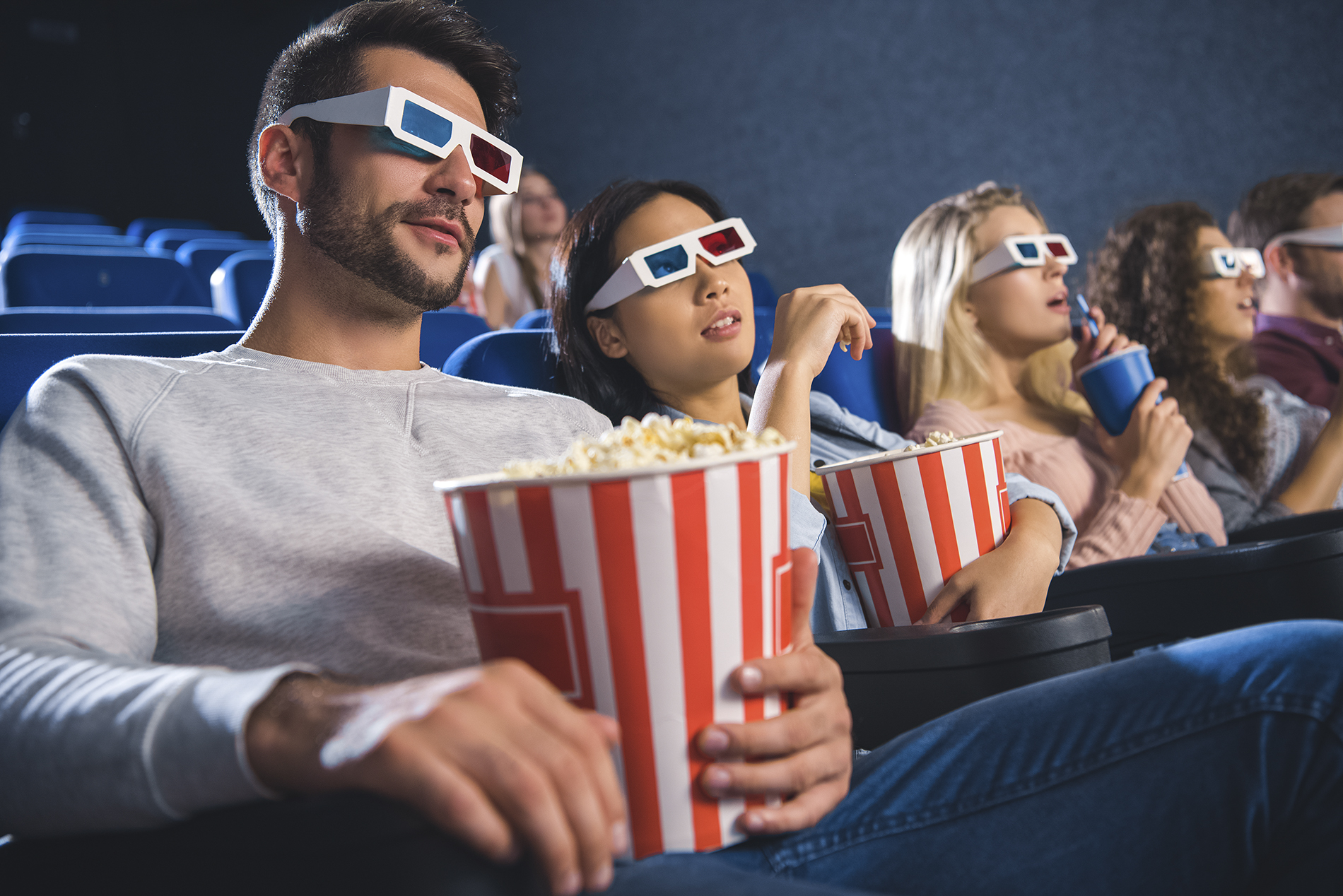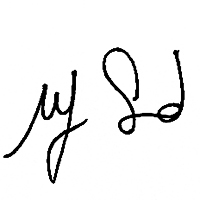The Intersection of Mediation and Media
In an era where media is an inseparable part of our lives, it’s not uncommon for our perceptions to be influenced by what we see on the screen. Mediation, a critical component of conflict resolution, is no exception. The portrayal of mediation in film and television has played a significant role in shaping public understanding and expectations of this process. However, this depiction is often dramatized and sensationalized, resulting in a series of misconceptions about what meditation really is and how it functions. In this blog post, we will delve into these misinterpretations and discuss their impact on public perception and the mediation process.
Why is Mediation Often Misrepresented in Film and TV?
Mediation is an essential part of conflict resolution, particularly in family law. However, it often suffers from misrepresentation in film and television, primarily due to the dramatic necessities of these mediums. Scriptwriters may amplify or distort reality to make it more engaging, leaving audiences with an inaccurate understanding of the process.
For instance, a mediator’s role is often conflated with that of a judge or a lawyer, which can create confusion about the neutrality and purpose of mediation. A mediator’s function is to facilitate communication and understanding between parties to help them find a mutually satisfactory resolution.
Why Does the Method of Serving Matter in Mediation?
One aspect that is often misunderstood due to media portrayal is the process of serving. Movies and TV shows often portray this process as dramatic, confrontational, and done in person. However, the real-world practice is much different and depends on jurisdiction, case specifics, and service methods.
For example, institutions like ours often serve papers through the mail, a more pragmatic and less confrontational method than in-person service. In some cases, electronic service is even an option. This discrepancy between the dramatized version and the actual practice can lead to misinformed expectations and unwarranted fear.
What Impact Does the Misinterpretation of Mediation in Media Have on Public Perception?
Misrepresentation of mediation on screen can significantly impact public perception. People tend to form an understanding of the world, including complex legal procedures, based on what they see in the media. When film and TV dramatize and inaccurately portray mediation, it can lead to misconceptions and unrealistic expectations.
A poorly informed public may approach mediation with trepidation or hostility, assuming it to be a battleground rather than a platform for negotiation and resolution. This misconception can potentially discourage people from seeking mediation when it could be the most beneficial course of action.
How Can We Correct the Misinterpretation of Mediation in Media?
Education is the key to rectifying these misconceptions. Organizations involved in mediation can take the lead by providing accurate information about the process and dispelling common myths. Blog posts, articles, webinars, and public seminars can be effective ways of spreading correct information.
Additionally, filmmakers and screenwriters can be encouraged to depict mediation more accurately. Collaborations between the media industry and legal experts could result in scripts that are both entertaining and informative. Media can serve as a powerful tool to educate the public about the true nature and benefits of mediation, thereby creating a more realistic and constructive perception.
Bridging the Gap between Reality and Representation
Misinterpretations of mediation in film and TV can create a skewed understanding of this process in the public domain. However, through strategic education initiatives and a commitment from the media to prioritize accuracy alongside entertainment, these misconceptions can be corrected. As we bridge the gap between reality and representation, we can foster a more informed society, one that understands and values the true nature and potential of mediation.
If you or someone you know would like to learn more about mediation please feel free to contact us or give us a call at 858-736-2411.
by: Anthony Snead






